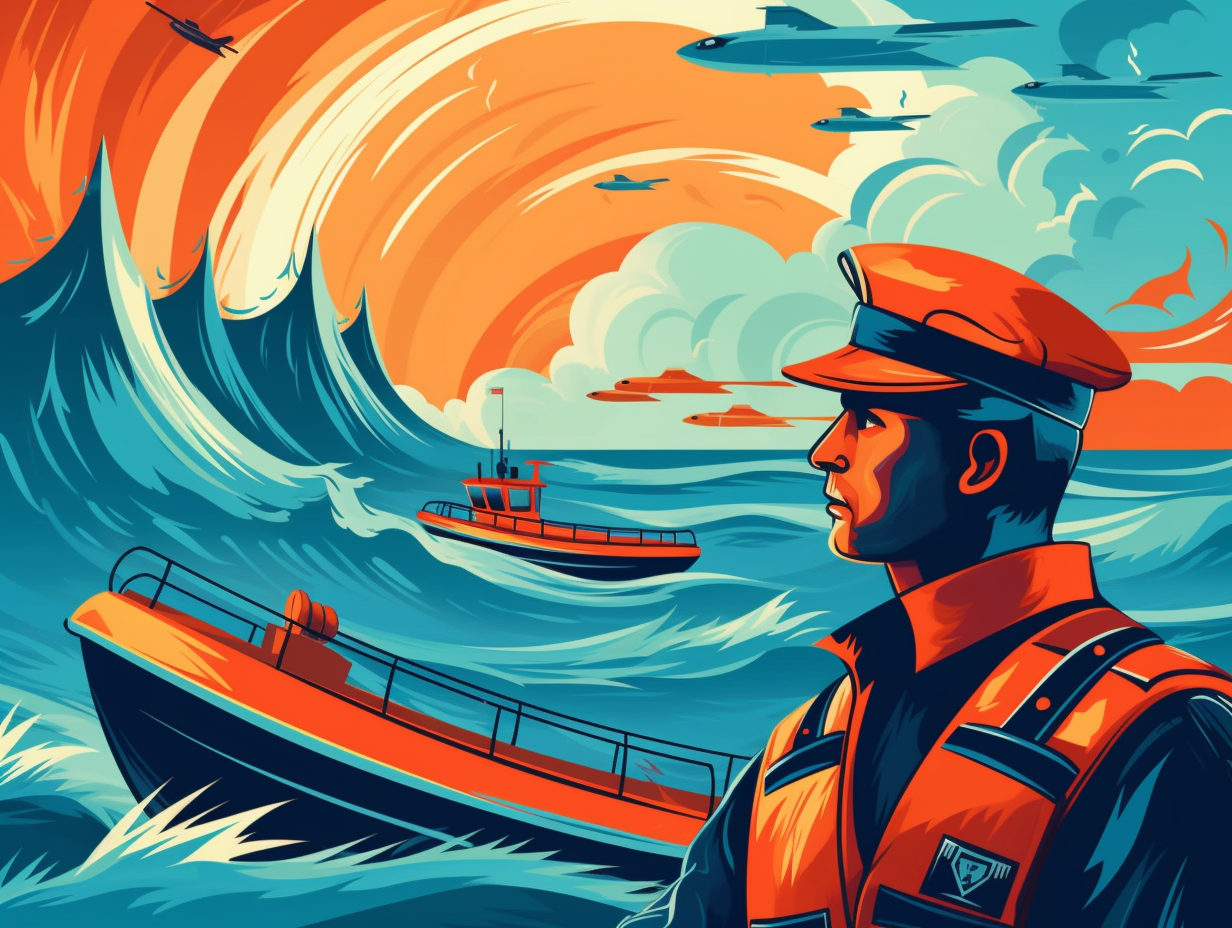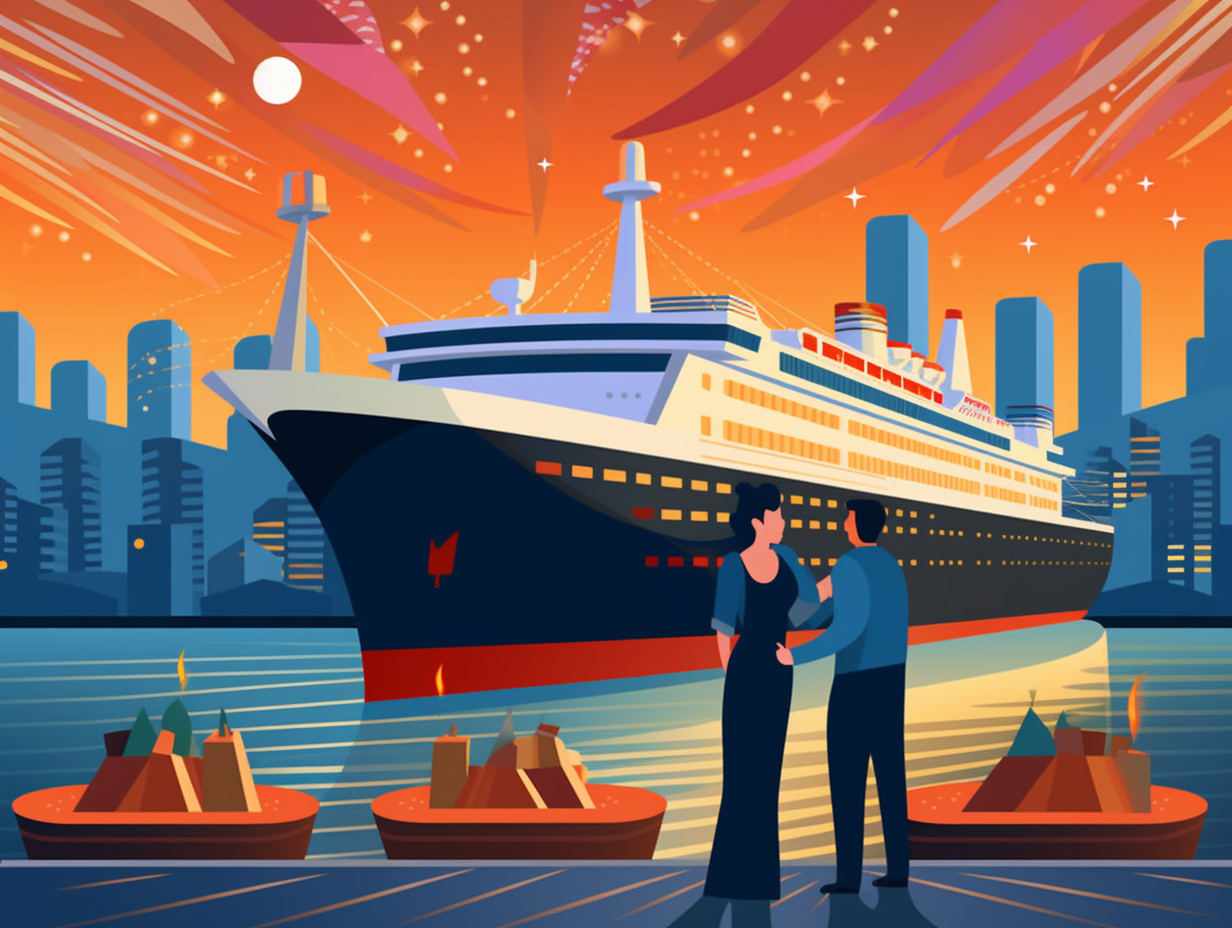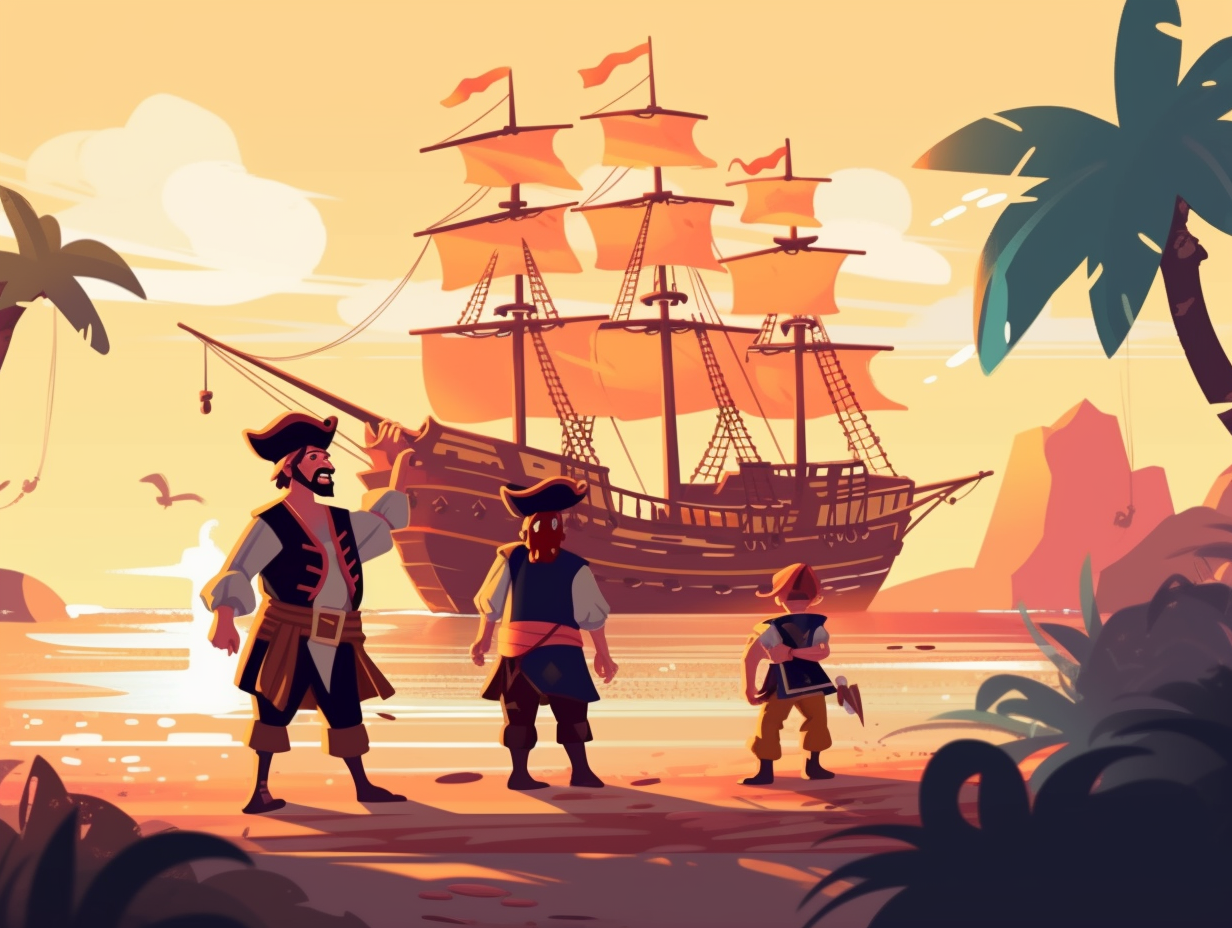Anchors Aweigh: Top 8 Surprising and Entertaining Navy Fun Facts You Need to Know
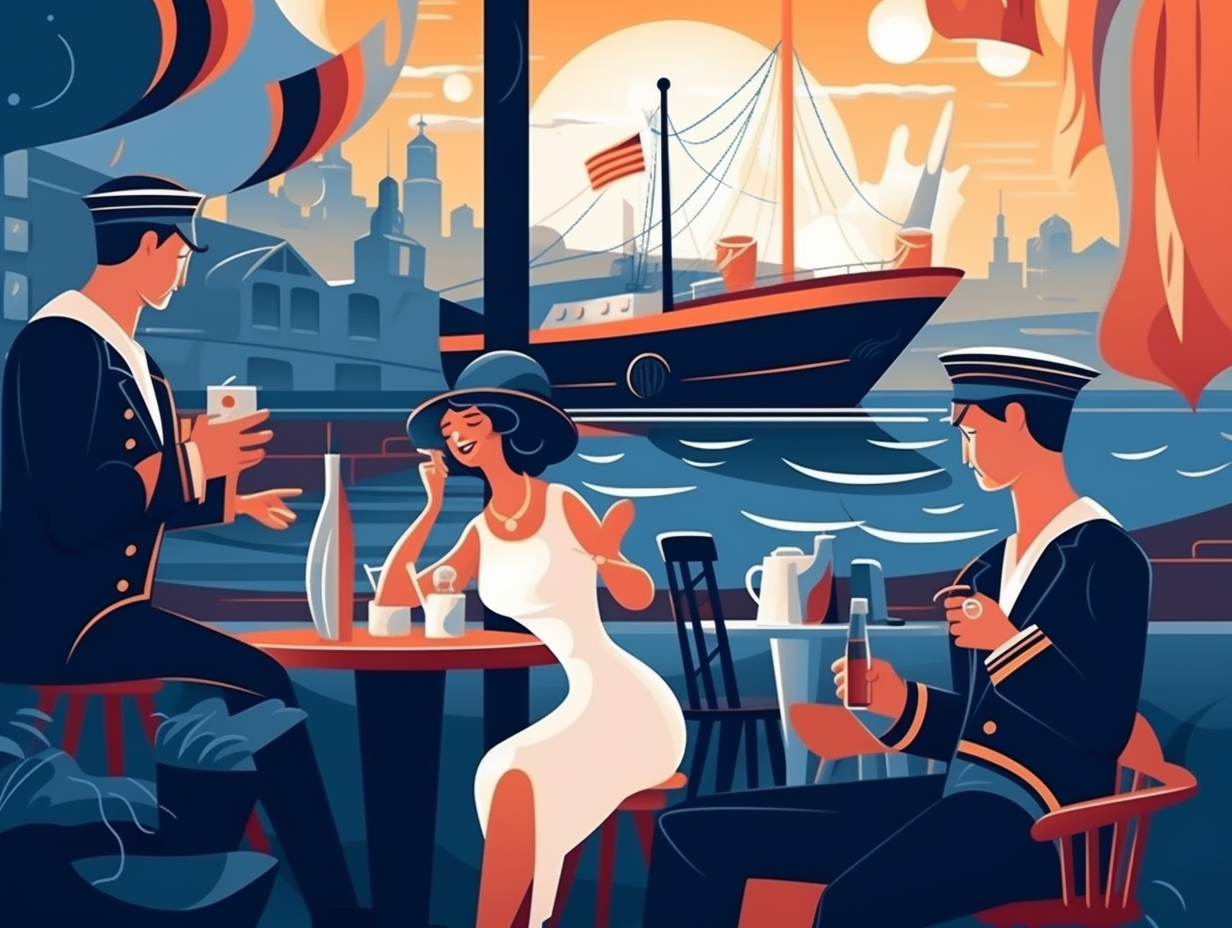
1. Snoozing Sailors in Hammocks
Before balance boards and yoga poses: Sailors fine-tuned their nautical namaste by snoozing in hammocks since the Royal Navy's wig-wearing days of the 16th century! These cozy canvas cocoons provided a stable slumber onboard, protecting our swashbuckling ancestors from rolling on the decks and made accidental ejections a near impossibility.
Source => en.wikipedia.org
2. Chronometer: The Nautical GPS
Ahoy, landlubbers! Sailors of yore had quite the "long and winding road" to finding their way across the seven seas, but one clockmaker's timely invention was a guaranteed "ticket to ride": Enter the chronometer, a clever gadget crafted by British clockmaker John Harrison in the 1770s, which helped seafaring adventurers accurately pinpoint their longitude and avoid watery misadventures into Davy Jones' Locker.
Source => formulaboats.com
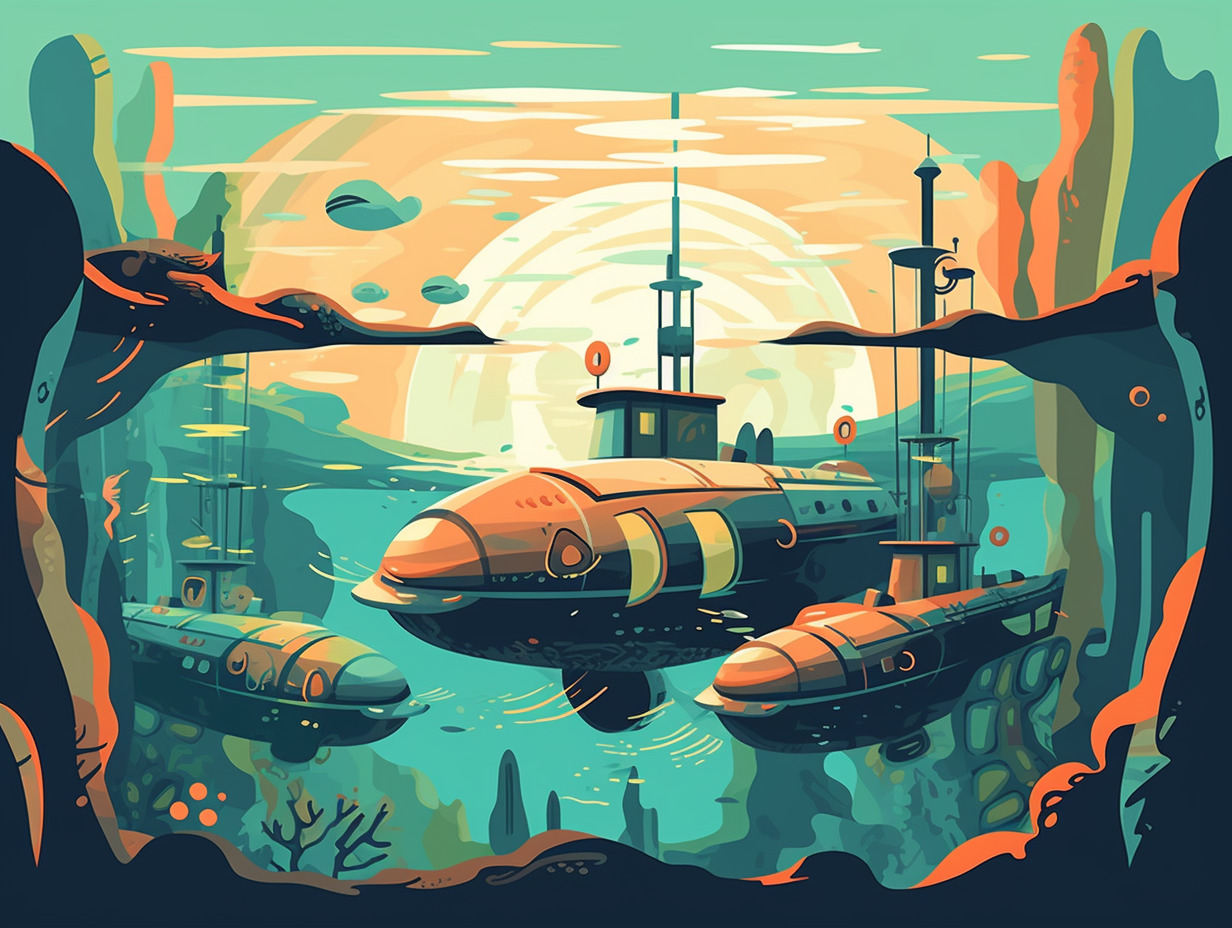
Did you know submarine crewmembers count torpedoes instead of sheep? Discover how they sleep securely and save space in their underwater home!
=> Fun Facts about Submarines
3. Dazzle Camouflage: The Fashionable Ship
When the world's oceans transformed into a high-stakes game of "Where's Waldo?" meets Picasso's fever dream: enter dazzle camouflage, an eccentric paint job designed by British artist Norman Wilkinson during WWI. This strategic fashion statement used irregular and contrasting patterns to create an optical illusion, confusing enemy submarine officers about a ship's speed, range, and direction, ultimately securing the upper hand for the Allies in naval warfare. Though once an avant-garde strategy, later advancements in military technology have banished these stylistic standouts to the history books.
Source => veteranlife.com
4. Semaphore: The Breezy Conversation
Ahoy there, text captains! Do you find the art of texting too mainstream? Sail back to the days of semaphore, where conversations were literally a breeze: Semaphore, a 19th-century-wide maritime communication method, still finds its place in the US Navy today, using hand-held flags for daylight communication or lighted wands at night. With diverse flag positions signaling letters and numbers, semaphore was an essential communication tool, especially during critical moments at sea. So grab your flags and brush up on your semaphore, matey!
Source => en.wikipedia.org
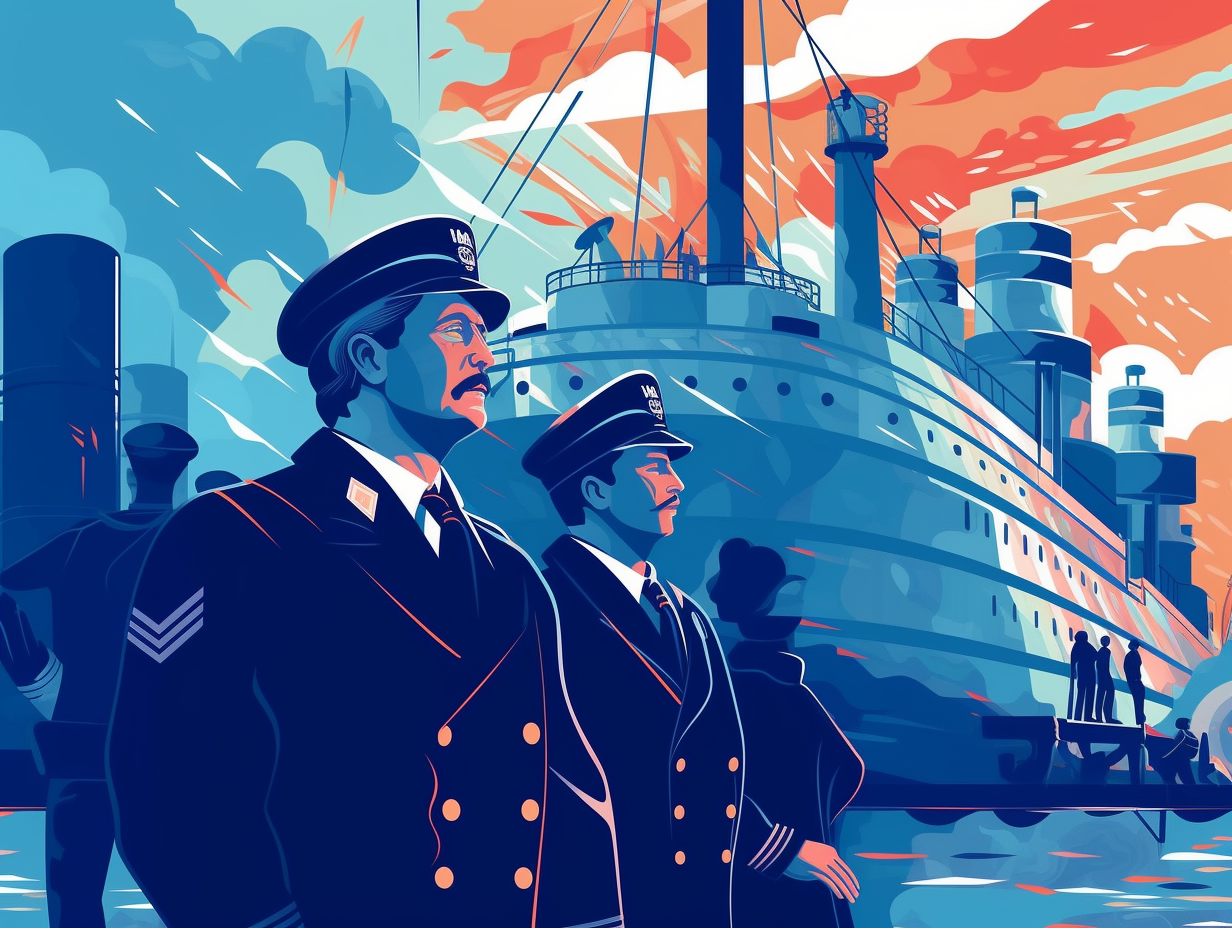
5. The Navy's Dry Liquor Cabinet
When Captain Jack Sparrow isn't around to debate the rum problem, the U.S. Navy keeps their sailors' boots steady and their liquor cabinets locked: Since 1862, the Navy has a strict alcohol prohibition policy in place, with distilled spirits banned from all naval vessels and General Order 99 issued in 1914 prohibiting alcoholic liquors for drinking purposes on board any vessel or at navy yards and stations, effectively establishing a dry Navy.
Source => history.navy.mil
6. Sailors as Cultural Chameleons
Ahoy there, culture vultures! Ever wondered how the mighty U.S. Navy puts the "sea" in "sea-nsei": The U.S. Navy's Language, Regional Expertise, and Culture (LREC) program trains sailors in over 200 nations' customs and more, making them a floating United Nations with better WiFi - they even have an app for that!
Source => netc.navy.mil
7. Ghostbusters of the Seas: Avenger Class Ships
Move over, Ghostbusters: there's a new crew in town with a talent for finding and exterminating underwater spooks! These unsung heroes are the Avenger class Mine Countermeasure Ships (MCM) in the Navy, expertly designed to detect, classify, and clear mines from vital waterways, ensuring smooth sailing for fellow seafarers.
Source => surflant.usff.navy.mil
8. NCIS: Swashbuckling Cyber Agents
Ahoy, mateys! Ever wondered who keeps the high seas safe from digital Davy Jones' lockers and sneaky landlubber spies? Look no further than the swashbuckling special agents of NCIS: an elite group of armed federal law enforcement investigators who coordinate with other agencies and stand watch in over 41 countries and on U.S. Navy vessels, backed up by a crew of savvy analysts, forensics experts, and even polygraph examiners.
Source => en.wikipedia.org
Related Fun Facts

